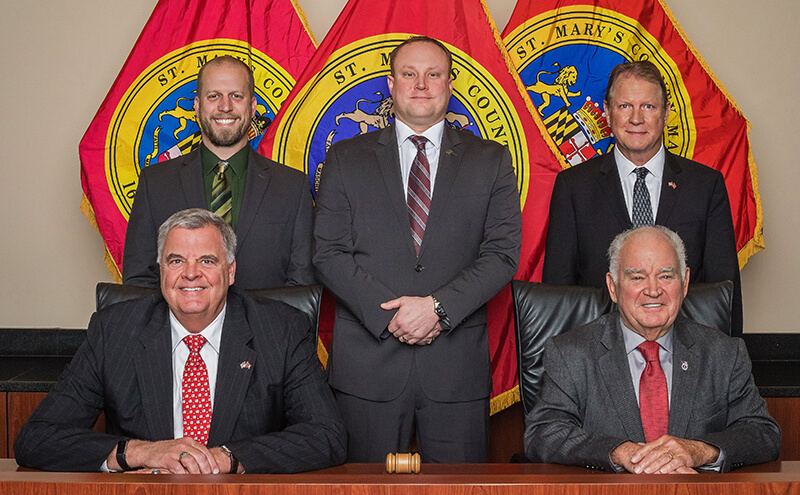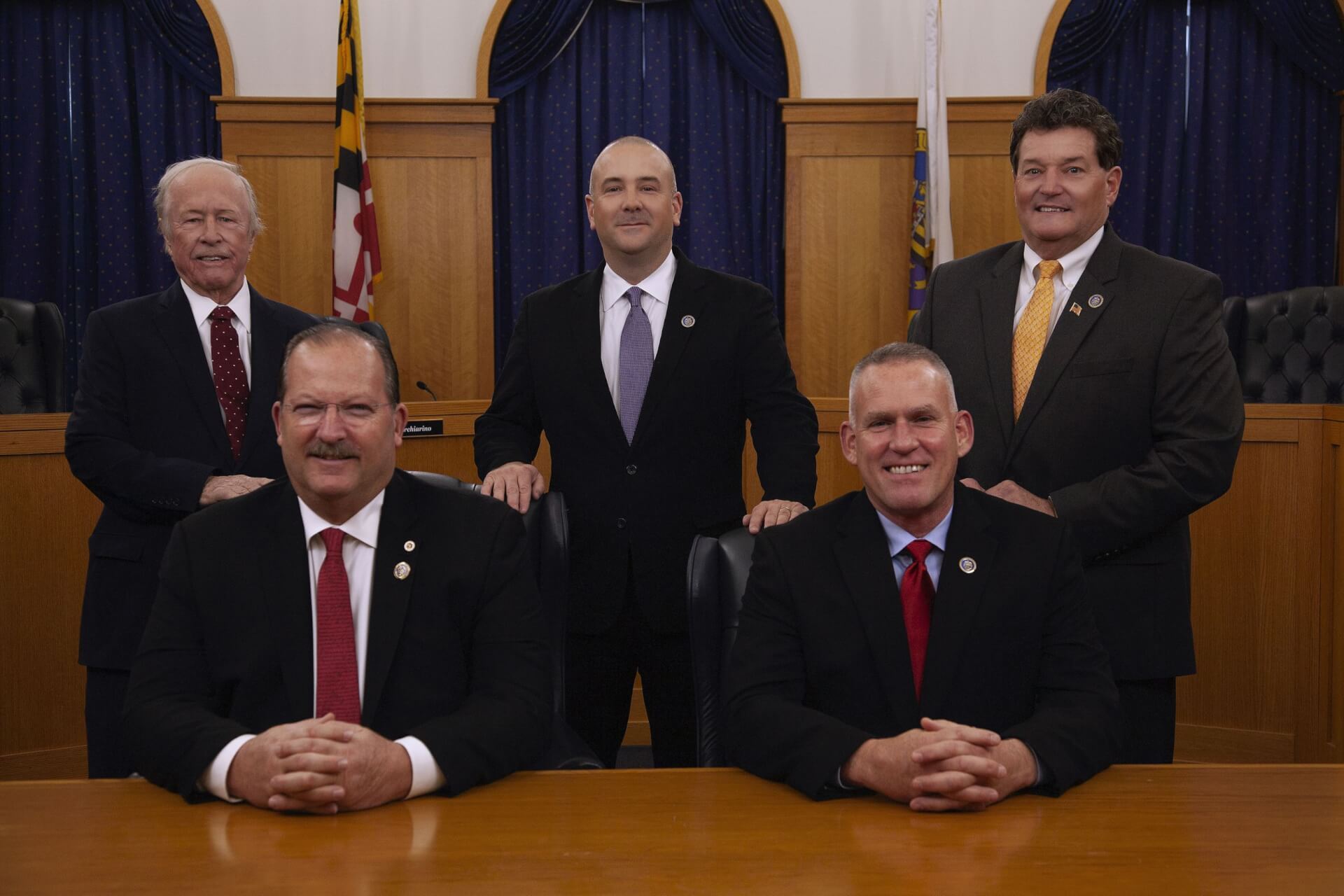At-Large Districts Are Relics That Produce ‘Absurd’ Results, Voting Expert Says

When the House of Delegates voted earlier this month to advance House Bill 655, Speaker Adrienne A. Jones (D-Baltimore County) celebrated the moment, writing on social media that “for too long across this country, undemocratic local laws have denied voters of color their full enfranchisement.”
The measure would require that county commissioners who represent districts be elected solely by the voters of that district, not the entire county.
Advocates for diversity say Jones, the first woman and first person of color to serve as presiding officer of a legislative chamber in Maryland, was right to call out the role at-large elections have played in U.S. politics.
It’s long been the case that voters of all races tend to vote for people who look like them.
For that reason, critics contend that at-large voting systems make it very difficult for racial minorities to win, even when they represent a majority of the voters in a county district.
“While [it’s] not necessarily true in every case, there is absolutely a long and pretty ugly discriminatory history of using at-large systems to cancel out the possibility that different racial groups are able to elect candidates that represent their interests,” said Yurij Rudensky, redistricting counsel in the Brennan Center for Justice’s Democracy Program.
Some of those arguments surfaced during several days of heated debate over the bill on the House floor, as rural Republicans sought to amend the measure or take specific counties out of it. In all, seven GOP amendments were introduced and rejected, usually along party lines.
The bill eventually passed, 95-39.
Maryland’s 12 code home rule and commission counties use a variety of systems to elect commissioners.
In some, such as Carroll, Somerset, and Worcester, commissioners run by district and are elected by the voters residing in that district. They would not be affected by HB 655, which is sponsored by Del. Brian M. Crosby (D-St. Mary’s).
But in other counties, commissioners run at-large regardless of whether they serve at large or represent districts.

The Calvert County commissioners are all white men — in a jurisdiction where Blacks residents make up 13.3% of the population, according to 2019 Census Bureau estimates.
The use of at-large systems “was a response to the end of slavery and the 15th Amendment and the expansion of the right to vote to Black folks,” said Rudensky. “It was one of the tools that was used to ensure that areas that had significant Black populations — but that weren’t majority-Black — couldn’t fully exercise their vote.”
“After the Civil War and after the Voting Rights Act was passed in the civil rights era, you see certain local jurisdictions changing the way that representatives would be selected to maintain discriminatory systems,” he added.
Crosby’s bill would impact five counties — Calvert, Charles, Garrett, Queen Anne’s, and St. Mary’s — where some or all commissioners represent districts but are elected at-large.
Campaigning becomes more expensive
In counties with at-large systems, candidates have to cover more ground and attempt to sway more voters.
“That inherently advantages people who come from means, who come from communities that have means and who have connections in higher places,” Rudensky said.
He said that if the Maryland legislature was elected at-large, rather from 47 districts, “it is likely that you would have a 100% Democratic legislature.”

The Queen Anne’s County commissioners are all white men — in a jurisdiction where Black residents make up 6.3% of the population, according to 2019 Census Bureau estimates.
“The point is that 50% plus one [voter] of the population can control 100% of the seats. And that is a fundamentally flawed representation system that leads to absurd results.”
California and Washington have adopted state-level voting rights acts “precisely to re-examine the use of at-large elections systems,” Rudensky said. Others, such as Virginia and New York, are considering such changes.
States have been pushed toward reform by the public’s renewed interest in matters of equity.
“We’ve seen an unprecedented interest in thinking about systems of democracy, how they actually work in practice, and people are engaging with theses sorts of issues like we haven’t ever seen,” Rudensky said.
The election of Kamala D. Harris as vice president left the U.S. Senate without any Black women and with just three Black men. Only 11 Black people have served in the Senate through history.
Rudensky said that local leadership — running a city or a county, serving on the school system or sitting on a water board — frequently serves as the pipeline for state and federal office.
“This is how candidates get experience and learn how to run campaigns, learn how to govern,” he said. “So ensuring that there are pipelines for people from all different communities to get this sort of experience is really critical to have representative government at our highest levels.”
Next steps
HB 655 did not have a Senate cross-file, but the House bill will be heard in the Senate Education, Health and Environmental Affairs Committee, which has jurisdiction over most election bills. The hearing was originally set for Thursday, but it has been pushed back to March 23.
Sen. Arthur Ellis (D-Charles), a member of the committee — and a Black man who defeated an entrenched white incumbent in the 2018 Democratic primary — said he planned to push hard for the legislation and is cautiously optimistic that the Senate will pass it.
“The issue [with the legislation] has always been equity,” he said. “It fits into [Senate President Bill Ferguson’s] push for equity and inclusion.”
Josh Kurtz contributed to this report.
Editor’s Note: An initial version of this story omitted a letter in Yurij Rudensky’s first name. The spelling has been corrected.




 Creative Commons Attribution
Creative Commons Attribution